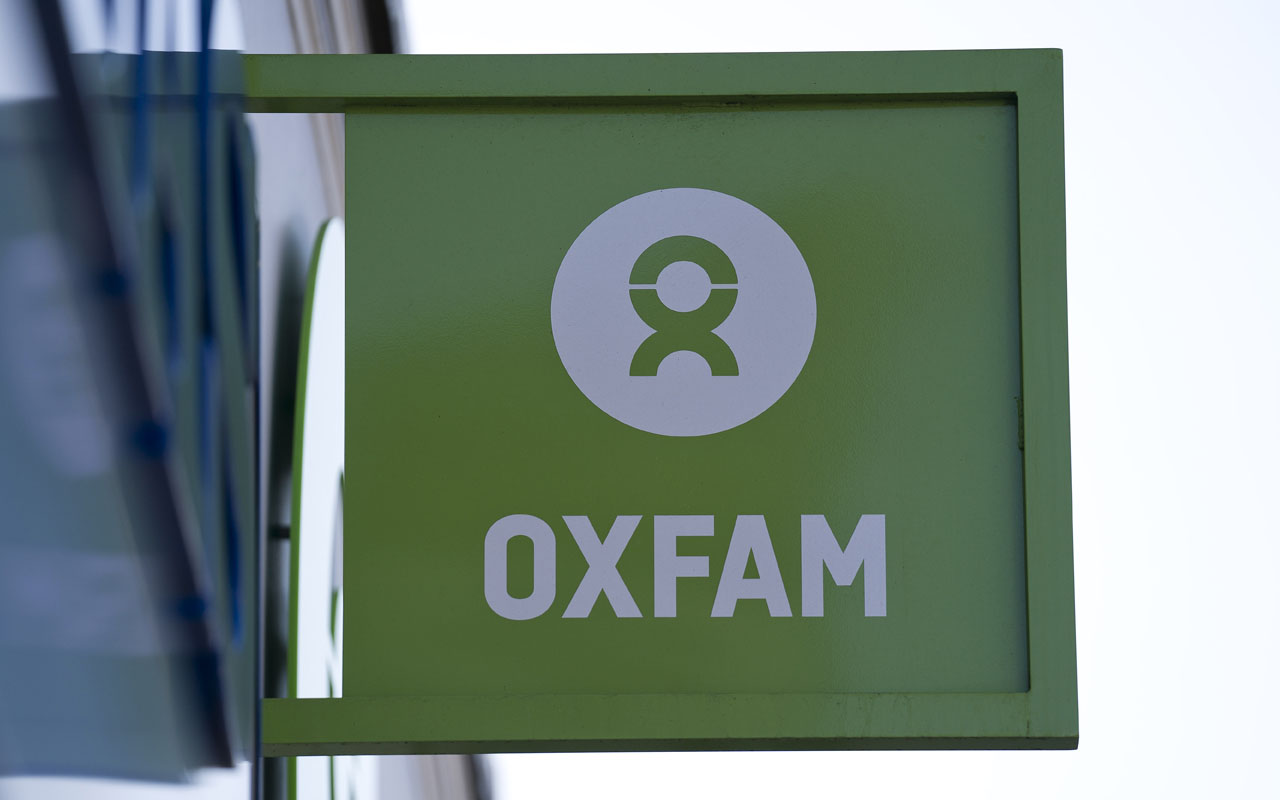
According to the president and Chairman of Council, NASME, Segun Agboade, the move was to also help generate more income for the federal government to redistribute wealth and create job opportunities in the country.
Agboade at a press briefing to present Corporate Affairs Commission (CAC) certificates and Federal Inland Revenue Service’s (FIRS) Tax Identification Number (TIN) to beneficiaries of the NASME/Oxfam MSME tax compliance project, advised the federal government to urgently address issues hindering the business community, saying that businesses must be able to enjoy the benefits of the present administration’s ease of doing business mandate.
In his words: “We are partnering with Oxfam to make ready about 180 SMEs in Benin and Lagos and as you know lots of small businesses belong to the micro segment. Many of them are un-banked, unregistered and what the government needs to do now is to widen the tax net and encourage the micro businesses to enjoy the benefits of the ease of doing business.
“They need to be formalised and be registered in order to be attractive and eligible for lending from banks. This effort we are putting together is to migrate SMEs of the lowest ladder to the next level by giving them their Tax Identification Number (TIN), so that they can pay their taxes as and when due and get access to finance to support their businesses.
“If government wants the micro businesses to migrate to SMEs, which is better because it widens the tax net, they need to make sure they address issues around infrastructure, power and other bottlenecks hindering the growth of businesses.
“This is going to be a permanent benefit to the federal government because they have been captured into the tax net. We want to also commend Oxfam for believing in us that we can carry out this initiative,” he added.
He noted that the recent directive by Central Bank of Nigeria (CBN) to commercial banks to dedicate 60 per cent of bank deposit as loan is still inadequate, but a welcome development as it would encourage lending to businesses.
“We want CBN to monitor this directive, because if that is done, it would make banks give businesses attention because they need to comply. It is a good thing and we are grateful to the federal government for that laudable policy, but we look further to more. The CBN has so many windows to support businesses but not many are opened; we believe things are gradually getting better and we want CBN to encourage these banks to do more,” he stressed.
[ad unit=2]



